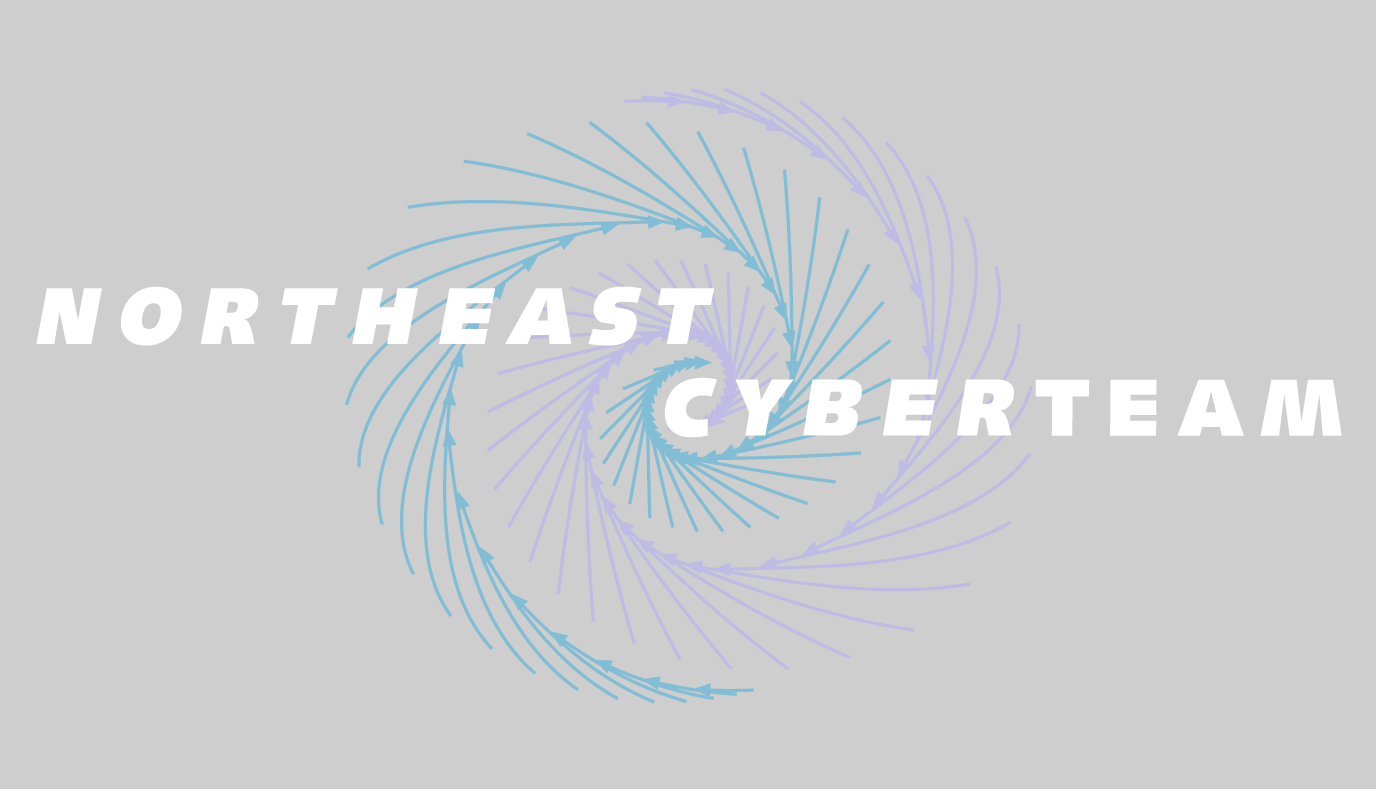
Chicago, July 29, 2019 – The Northeast CyberTeam Initiative, a National Science Foundation-funded project to expand access to high performance computing among researchers at small and mid-sized colleges and universities, will host two “Birds of a Feather” sessions at PEARC19 beginning today.
MGHPCC Press Release
The first session, which will take place Monday from 5:15 p.m. to 6:15 p.m., will focus on ASK.CI, developed by the Cyberteam in partnership with the XSEDE Campus Champions to aggregate answers to a broad spectrum of questions that are commonly asked by the research computing community. The Platform has participation from nearly 300 volunteers representing over 240 institutions worldwide and has attracted over 100,000 page views since launch. The PEARC session will include a discussion of lessons learned since launch and plans for the coming year, in particular the introduction of “locales”, institution-specific categories created under the umbrella of Ask.CI.
The second session, scheduled for Tuesday from 5:15 p.m. to 6:15 p.m., will provide information for audience members interested in learning about the Cyberteam Initiative. Recognizing that Research Computing Facilitators (RCFs) are often critical to enabling the successful transition to advanced computing, and that RCFs are common at large universities and corporations, but rare at smaller institutions, the Cyberteam Initiative aims to fill the gap by giving interested students hands-on RCF experience, creating a pipeline of talent to meet growing academic and industry demand for that role. The Cyberteam has launched 28 projects over the past two years that pair student RCFs with experienced mentors to work with researchers and educators. In parallel, the project has developed a portal, that provides access to web-based self-service learning resources such as Ask.CI, as well as tools to manage projects. The portal encapsulates knowledge and experience that has been gained, with the goal of making it possible to replicate the methodology in other regions.
“The Northeast Cyberteam Initiative has developed a robust methodology for making research computing more readily accessible to smaller institutions in the region” said John Goodhue, Principal Investigator of the Northeast Cyberteam Initiative and Executive Director of the Massachusetts Green High Performance Computing Center. “Our goal is to find opportunities to replicate or adapt the methodology for use in other parts of the country.”
“While Ask.CI has shown steady growth in both contributions and audience, we believe unmet need for it still exists,” said Julie Ma, Program Manager of both the Northeast Cyberteam Initiative and Ask.CI. “We strive to continue to raise awareness of ASK.CI to meet that need while expanding on the depth and breadth of the content.”
About PEARC
The Practice Experience in Advanced Research Computing (PEARC) Conference Series is a community-driven effort built on successes of the past, with the aim to grow and be more inclusive by involving additional local, regional, national, and international cyberinfrastructure and research computing partners spanning academia, government and industry. The PEARC conference series is working to integrate and meet the collective interests of our growing community by providing a forum for discussing challenges, opportunities and solutions among the broad range of participants in the research computing community. The PEARC conferences are organized by a group of dedicated volunteers from the community.
About the Northeast Cyberteam Initiative
High performance computing has become an in indispensable part of scientific inquiry today. The Northeast Cyberteam Initiative seeks to build a sustainable system of computational support for researchers at small and mid-sized colleges and universities in New England, who typically lack the computing resources available at larger institutions. The Cyberteam Initiative offers online computing tools and is developing a regional pool of Research Computing Facilitators (RCFs), who are expert at connecting researchers with appropriate computer systems. Funded by the National Science Foundation, the Cyberteam is a collaborative project led by the Massachusetts Green High Performance Computing Center, University of Maine System, University of New Hampshire, and University of Vermont, with support from Worcester Polytechnic Institute.
About the XSEDE Campus Champions Program
The Campus Champions are a community of practice of campus research computing professionals celebrating 10 years since initiation under Teragrid and support through XSEDE. The Campus Champions have grown to over 470 individuals from over 250 institutions, including 46 Minority Serving Institutions and 70 institutions in Established Program to Stimulate Competitive Research (EPSCoR) jurisdictions. The Campus Champions focus discussion on challenges, opportunities, solutions, and leading practices via an active mailing list and videoconferences. The Campus Champions community promotes and facilitates the effective participation of a diverse national community of campuses in the application of advanced digital resources and services to accelerate scientific discovery and scholarly achievement.
About the Massachusetts Green High Performance Computing Center
The Massachusetts Green High Performance Computing Center (MGHPCC) provides state-of-the-art infrastructure for computationally intensive research that is indispensable in the increasingly sensor and data-rich environments of modern science and engineering. Computers at the MGHPCC run millions of virtual experiments every month, supporting thousands of researchers in Massachusetts and around the world. The MGHPCC was developed through an unprecedented collaboration among the most research-intensive universities in Massachusetts (Boston University, Harvard University, the Massachusetts Institute of Technology, Northeastern University and the University of Massachusetts); the Commonwealth of Massachusetts; and private industry (Cisco and Dell EMC). The member universities fund the ongoing operation of the data center, which is open for use by any research organization.
###
Media Contact:
Jennifer Rosenberg
781-854-2997
Have a Research Computing Question? Just “Ask”
MGHPCC Press Release
Northeast Cyberteam Initiative Announces Measures to Help Researchers at Small and Mid-Size N.E. Colleges and Universities Leverage All-Important High Performance Computing Resources
MGHPCC Press Release